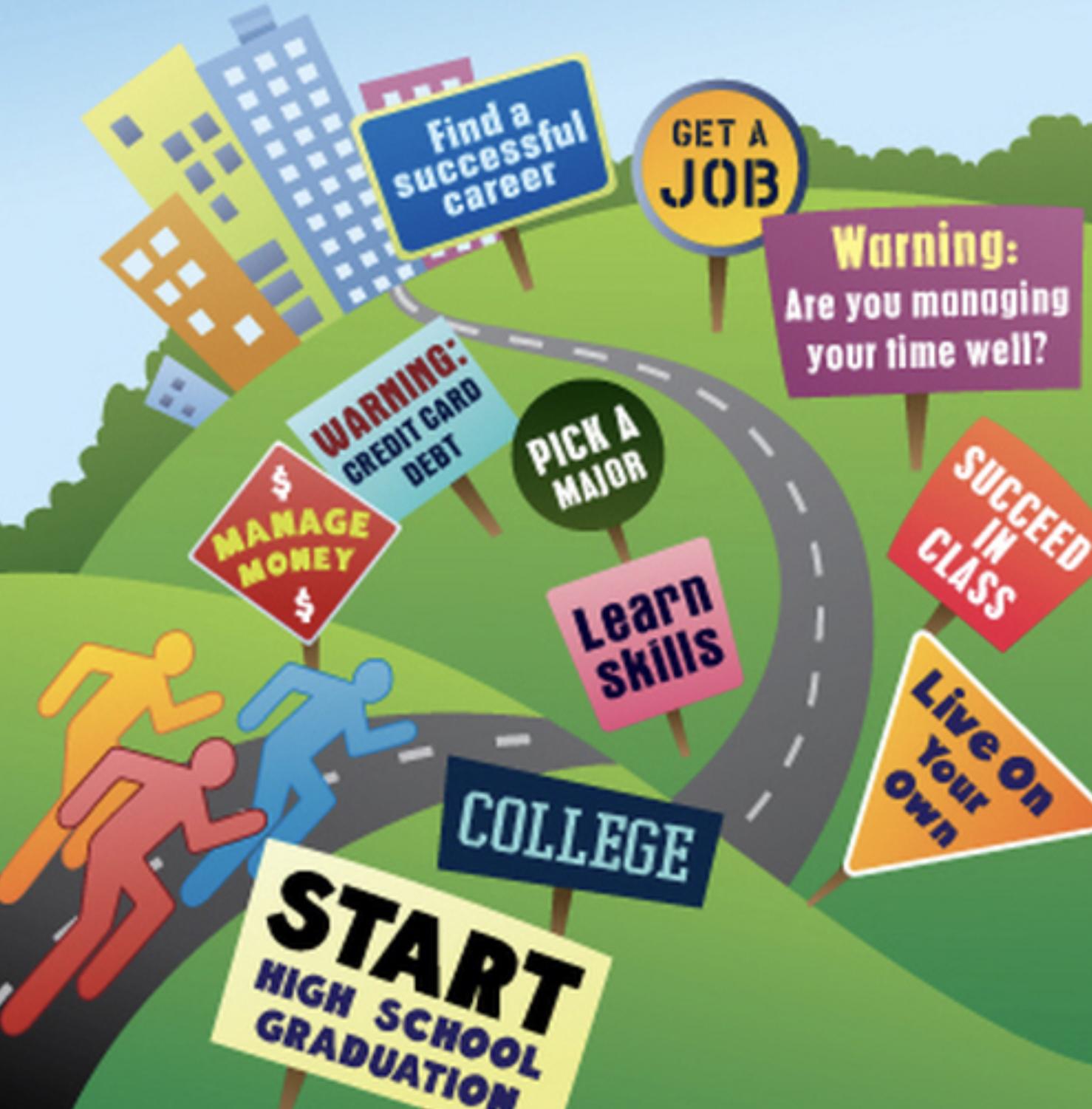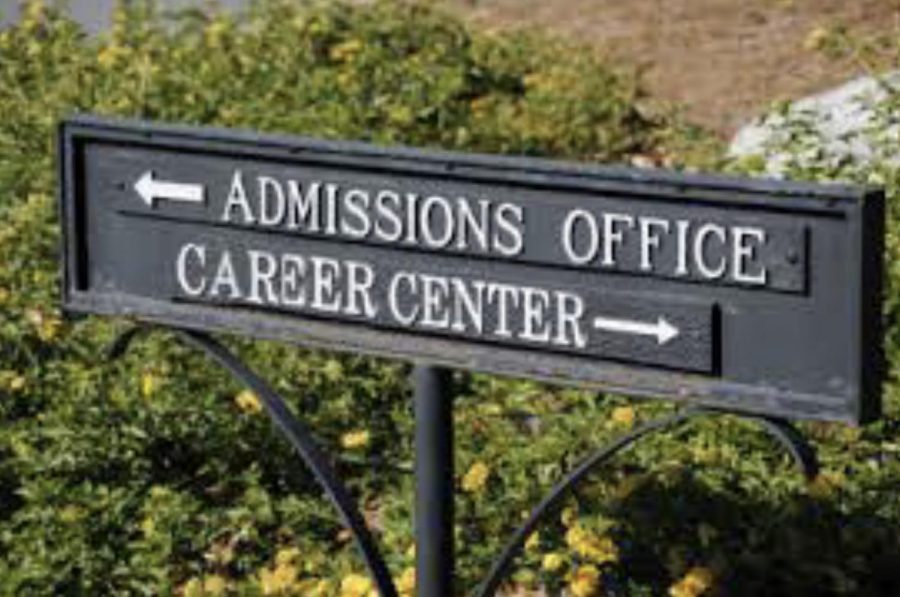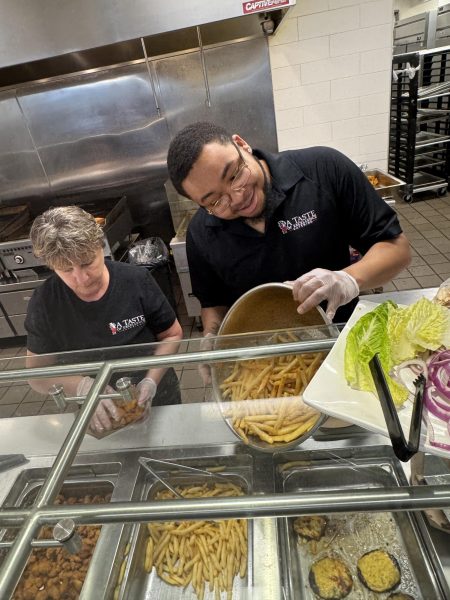Debunking the “stigma”
Wait, you are not going to college?
According to Ms. Cindy Burgio, director of college guidance, the Walsh Jesuit Class of 2021 has been a “rarity” in the sense that “three students are not taking the traditional path.” The real question is why is this so uncommon for Walsh Jesuit students, compared to the rest of the country.
“I think that students subconsciously make decisions for societal expectation,” said Mr. Green, a teacher of the Ignation Vocation class to seniors. “They wouldn’t immediately see that, but it does seem to be a factor,” he continued.
Students say the same thing. “It is a societal expectation to further your education after high school with the assumption that you would be attending a college,” said Colin Watson, a current senior planning on studying at the Cleveland Clinic EMT program, seeking a state certification. For him, this is the first step to becoming a firefighter paramedic. After the EMT program he hopes to attend the Akron Fire Academy.
Evan Szahlender is in a similar position, planning to join Local 216 in Akron to learn pipeline welding. “I definitely believe that there is a stigma for teens who are not going to college, mostly due to the past few generations mainly focusing on going to college and getting a job from there. I firmly believe that this is an old school way of thinking that needs to be updated, but time will only tell,” he said.
His program 12-week-long includes classroom learning and on site observations. Afterward, he will be “apprenticing under a journeyman for an assortment of companies.” He has a long journey ahead of him that is still not completely mapped out.

In general, parent expectations greatly affect students’ decisions about attending college. “They would support me and my decision and not get angry but most likely try to encourage me to try to get a degree and attend college,” said Katie Masteller, a senior who who will attend the University of Dayton in the fall.
Colin developed a different perspective after going through the college decision process. “I would much rather say I am going into a different career field that doesn’t require any college than to just say I am attending any college to obtain any degree,” he explained.
Despite the anticipated negativity, “the responses I have gotten have been ones of shock but also congratulations, saying it’s a noble job and that I should be proud,” stated future EMT Colin. Many of his friends and family are happy he has found something he is passionate about.
When asked what is the most important reason for making a decision about what to do with the rest of your life, Mr. Green responded with a question of his own. “Why are you doing it? There is no such thing as a good or bad choice, there are only good and bad reasons.”
These students have found what is most important to them. This goes to show that, despite possible societal judgment, there are viable options students should not be afraid to explore.







Lisa Baylor • May 21, 2021 at 9:25 am
Great topic for an article! I know students who started college, maybe even finished, and then wanted a career that “doesn’t require a college degree.” I understand the pressure to pursue a college degree as an automatic assumption today. I am glad you brought this topic out for discussion!